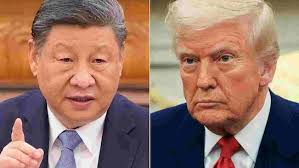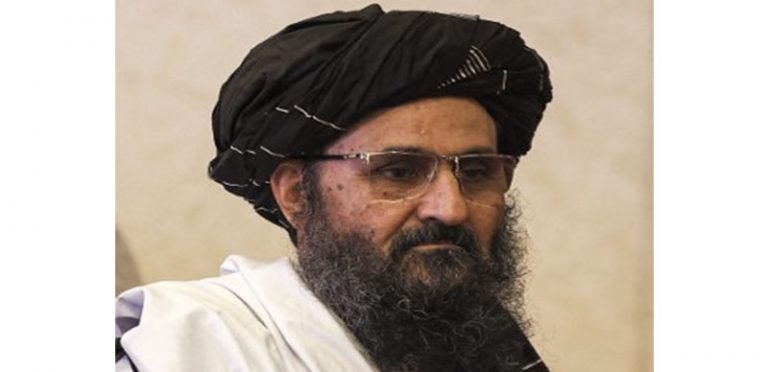On Tuesday, October 14, China declared its readiness to “fight to the end” in the ongoing trade war with the United States, responding to President Donald Trump’s threat to impose an additional 100 percent tariff on Chinese goods.
Trump announced the new tariff threat via social media last Friday, shortly after China introduced broad export controls on rare earth minerals—a strategic sector largely controlled by Beijing. Trump also said that starting November 1, Washington would impose export controls on “any and all critical software.”
This latest escalation has unsettled global markets and cast doubt over a potential meeting between Trump and Chinese President Xi Jinping, scheduled to take place soon in South Korea.
An unnamed spokesperson from China’s Ministry of Commerce reaffirmed Beijing’s firm stance in a statement on Tuesday:
“On the matter of tariff wars and trade wars, China’s position remains consistent. If you wish to fight, we shall fight to the end; if you wish to negotiate, our door remains open.”
The statement criticized the US approach, adding:
“The United States cannot simultaneously seek dialogue while threatening to impose new restrictive measures. This is not the proper way to engage with China.”
Despite the tension, Trump appeared to soften his tone in a Sunday social media post, saying, “It will all be fine,” and that the US wants to “help” China.
Official data released Monday showed that China’s exports remained strong despite the trade tensions. September exports rose 8.3 percent year-on-year, marking the fastest growth since March. Shipments to the US reached $34.3 billion for the month.
Currently, US tariffs on Chinese goods stand at a minimum of 30 percent, part of levies Trump imposed over accusations of unfair trade practices and concerns about fentanyl trafficking. China has responded with retaliatory tariffs of 10 percent.
The global economic impact of this renewed tariff threat will be a major focus during this week’s semi-annual meetings of the International Monetary Fund and World Bank in Washington. The White House maintains that, despite short-term pain, the tariffs will benefit the US economy in the long run.




